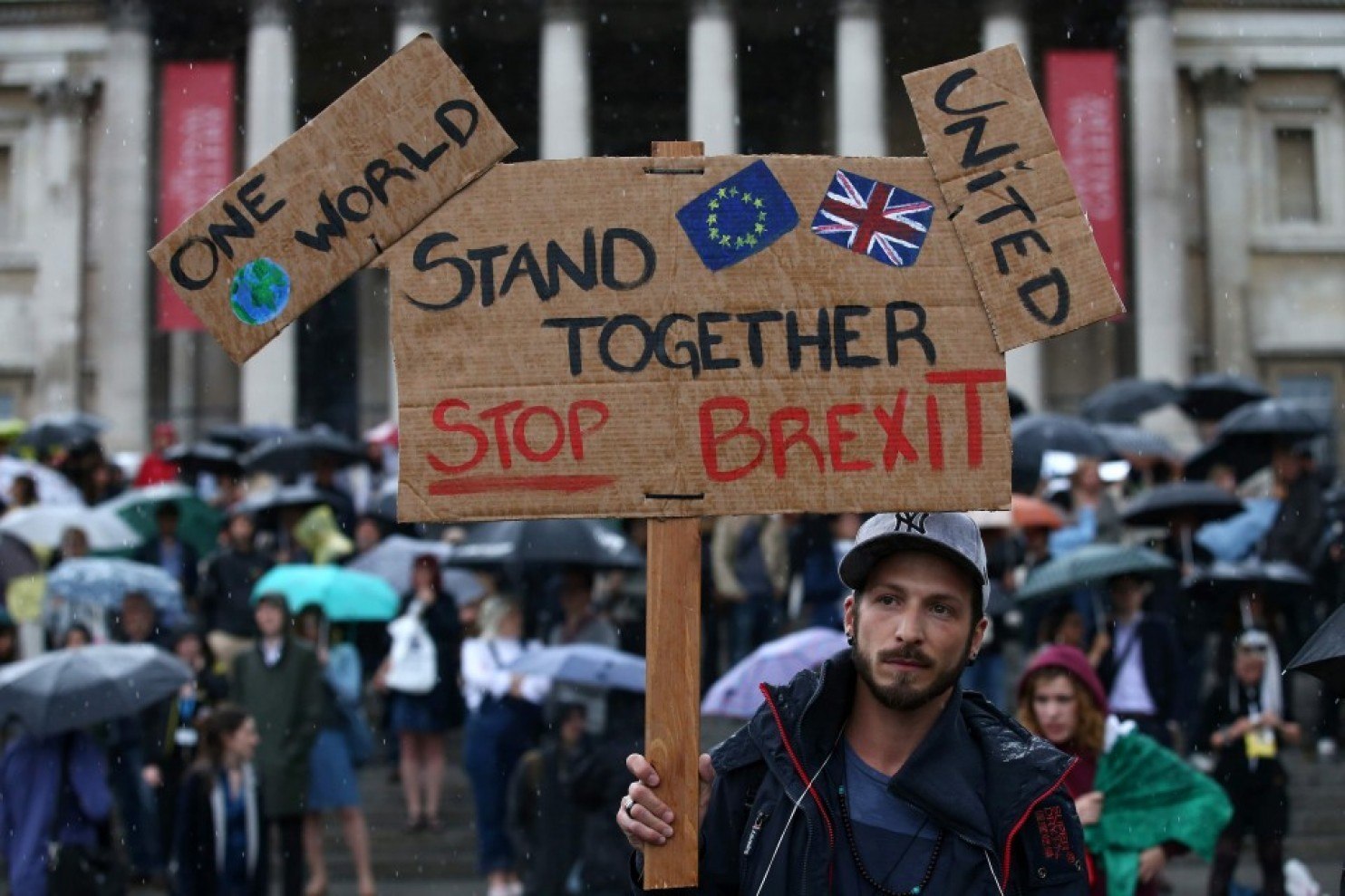(Washington Post) Despite the results of the Brexit referendum, some are still questioning whether Britain will actually leave the European Union. At the moment, no one knows for what sure will happen, especially given the current chaotic state of British politics, and this post is not meant to be an attempt at predicting the future. But for now, the decision of whether Brexit actually occurs is a political one, as opposed to a legal obligation. As such, it will be subject to political calculations. The purpose of this post is to highlight the factors – from a political scientist’s perspective — that could potentially make that political decision costly enough that a different path forward is taken. Or, put another way, if Britain does somehow manage to avoid leaving the European Union, some combination of the factors below could end up being part of the reason why.
1. The Brexit referendum has no legal standing in terms of Britain exiting the EU. This point has been made repeatedly, but it is worth emphasizing: The only reason Britain is preparing to leave the E.U. is because British Prime Minister David Cameron said Britain would leave if a majority voted for “Leave” in the Brexit referendum.
Legally, Britain leaves the E.U. when the British government triggers Article 50 of the Treaty on European Union. To be very clear, the results of the Brexit referendum do not automatically trigger Article 50. Therefore, the referendum itself does not legally produce a British exit from the E.U.
And ironically, one of the very first things David Cameron did after the referendum was announce that his government would not trigger Article 50; instead, he said would resign — in a few months — and let the new government trigger Article 50. But again, we can see that referendums don’t trigger opt-out clauses in treaties: Governments trigger opt-out clauses in treaties. […]
Read More © Monkey Cage blog/Washington Post











